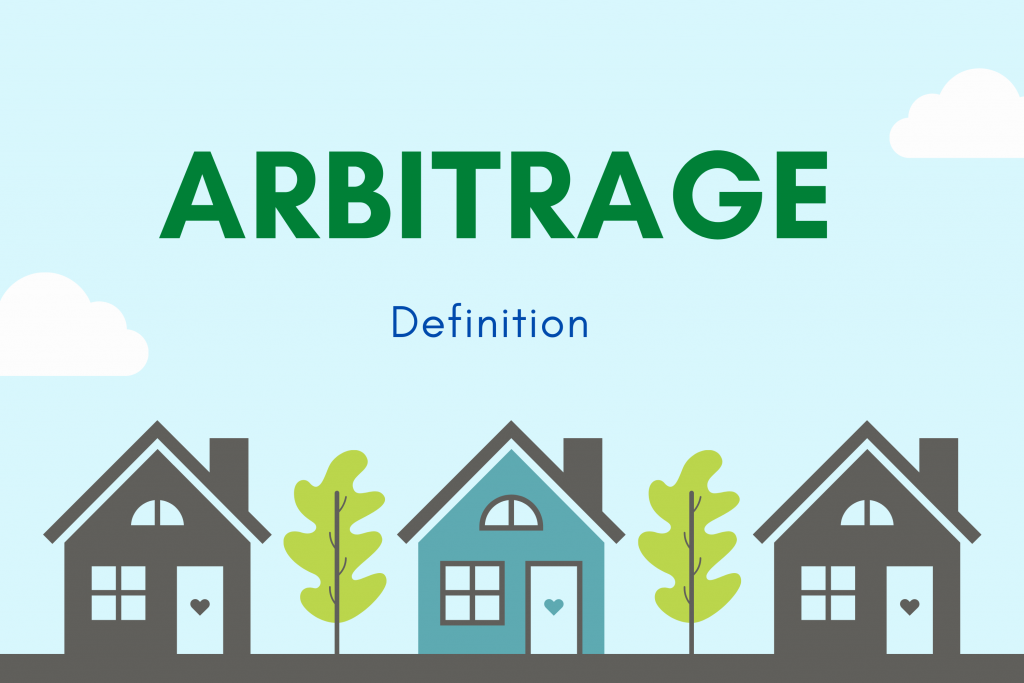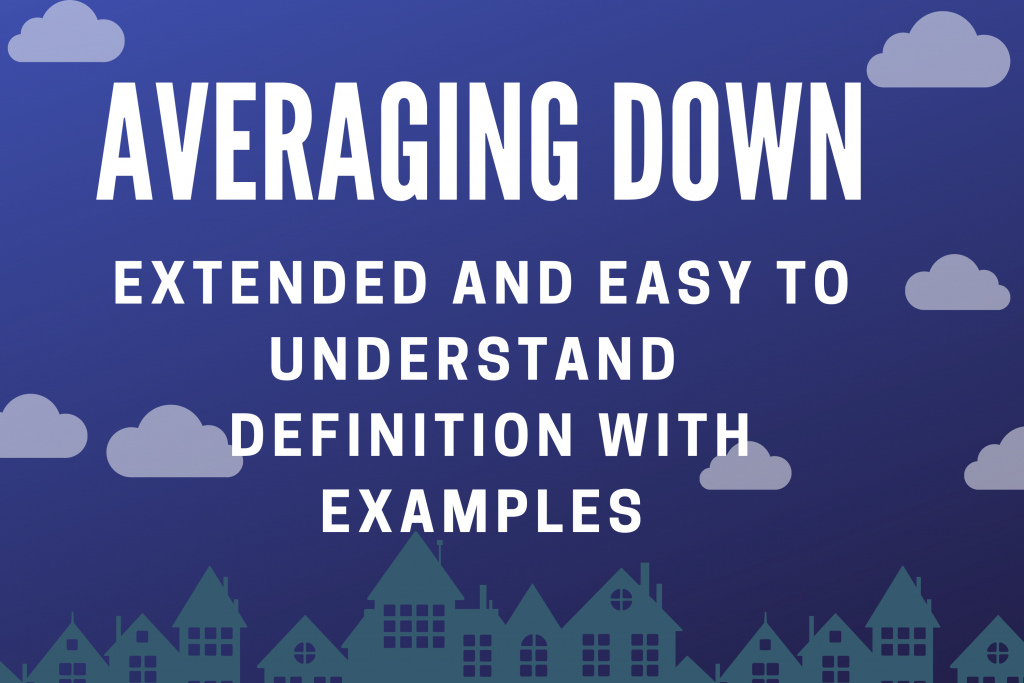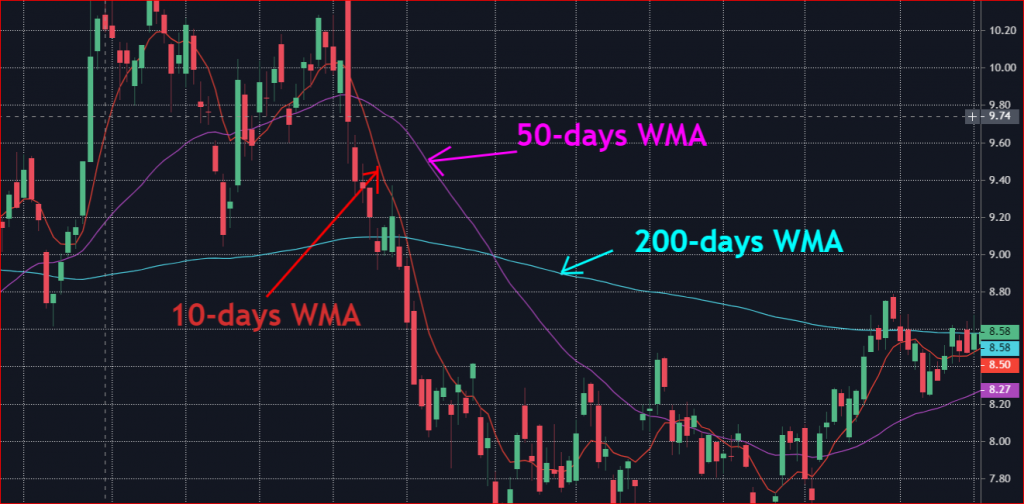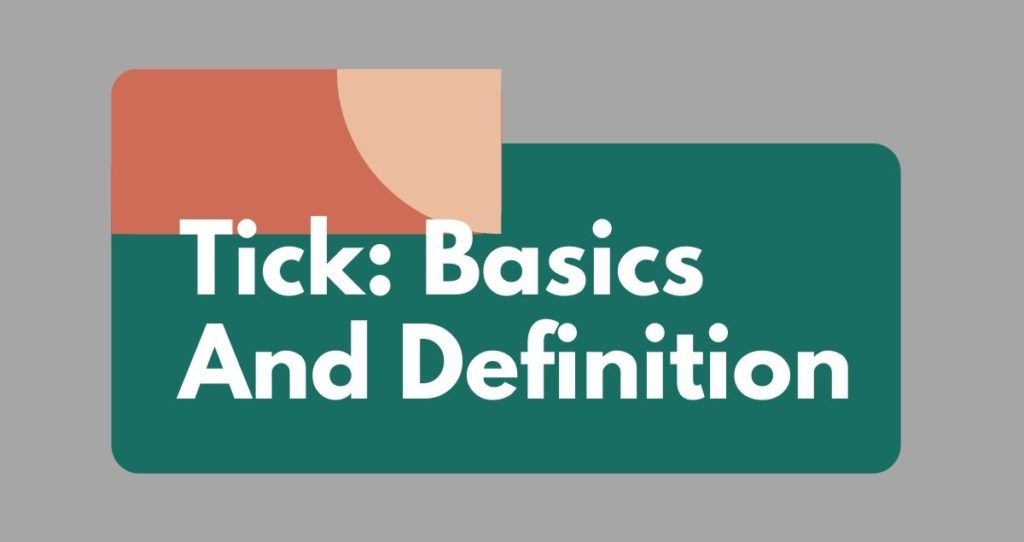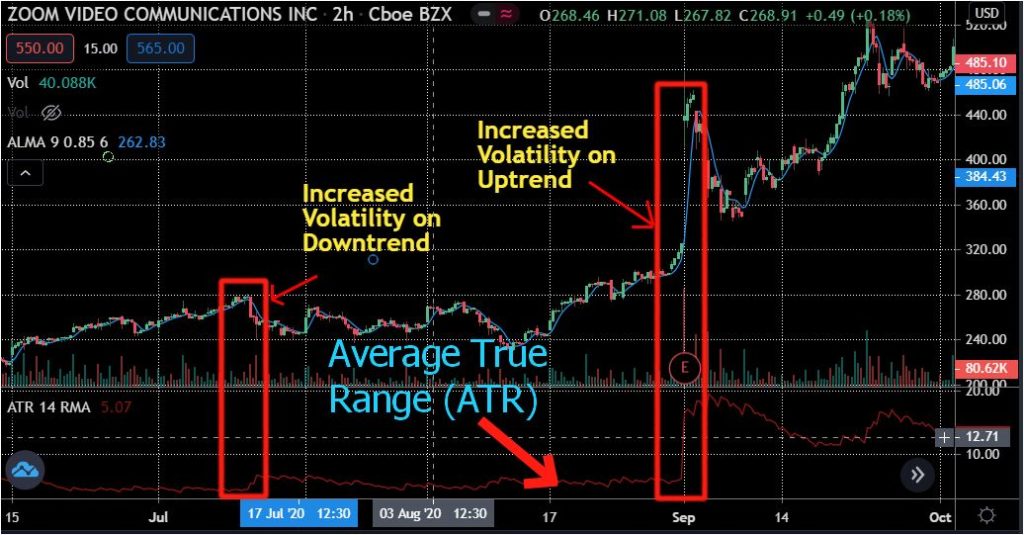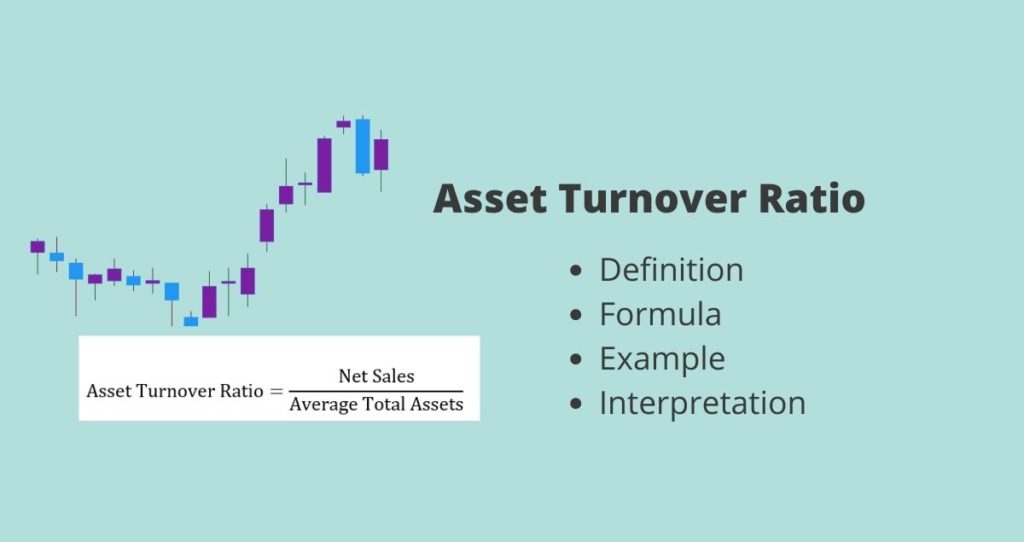A shareholder also known as a stockholder is anyone who owns shares in a company. Shareholders can be a person, a company, or an organization. To become a shareholder, you must own at least one share in a company.
There are two types of shareholders which are common shareholders and preferred shareholders. The common shareholders are the ones who own common stock in a company. On the other hand, preferred shareholders and those who own preferred stock in a company.
Shareholders’ benefits in a company depend on the type of stocks they own.
Investors who own common stocks can help in the election of the board of directors and voting of corporate policies. However, there is no guarantee of dividends payments for them.
Furthermore, they rank lower on the ladder after the liquidation of the company. In other words, common shareholders will be the last ones to receive a portion of the company’s assets. That is bondholders, debtors, and preferred stockholders will be paid first.
On the other hand, shareholders who own preferred stocks will receive different benefits. Preferred shareholders will have a fixed rate of dividends in the company. If the company is liquidated they will have their shares on assets right after bonds holders and other debtors.
Shareholders will elect and fire the board of directors and decide their salaries. They will also act on matters above the board of directors. In addition, shareholders will approve changes in the company, financial statements, and any other related policies.
- You can vote on the corporation policies
- You will enjoy dividends
- Shareholders can participate in the election of the board of directors
- You will benefit if the stock you own appreciate overtime
- You will own a percentage of the company. When the company you own experience further growth, your percentage share will increase as well. So, your portfolio will grow as the company grows.
- No responsibility for the company’s debt
- Sometimes there will be no guarantee of dividends depending on the types stock you hold in the company
- You will have limited rights on the company’s asset once it is liquidated
- Your dividends can change or be canceled depending on the performance of the company
- You could lose money when the company goes bankrupt
- You will deal with the volatility in the stock market. If the company is doing well, you will reap the benefits. However, if the company’s performance decreases, your shares will lose value.


